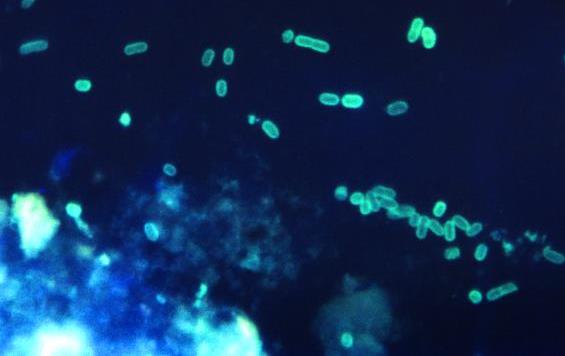Colistin-resistant E.Coli found in another U.S. patient
On Friday, the Centers for Disease Control and Prevention reported that a strain of E.Coli that is resistant to the antibiotic of last resort was found in a 2-year-old girl in Connecticut, causing alarm about the potential of dangerous drug resistance spreading across the United States.
 The girl and three other Americans have been found to have E. coli bacteria that were resistant to an important medicine called colistin. Colistin is an old, powerful drug with significant side effects that is reserved for germs that already resist other important antibiotics.
The girl and three other Americans have been found to have E. coli bacteria that were resistant to an important medicine called colistin. Colistin is an old, powerful drug with significant side effects that is reserved for germs that already resist other important antibiotics.
Health officials are worried that the colistin-resistant bacteria will spread their special trait to bacteria already resistant to other medicines, setting the stage for infections that are impervious to all known antibiotics.
For example, researchers reported last week a worrisome case of a 76-year-old man treated in 2014 at a New Jersey hospital. In follow-up testing this year, he was found to have been infected by a germ that was resistant to both colistin and another class of antibiotics called carbapenems that are also reserved to treat especially tough bugs.
It was the first time this kind of double-resistance was reported in the U.S., though several other cases have been reported elsewhere in the world. All the U.S. cases have been treatable by other antibiotics. And, importantly, researchers report that the bacteria do not seem to have infected other people. When bacteria spread, they encounter other bacteria and can exchange genetic traits, creating more opportunity for a more resistant pathogen to emerge.
In this latest case, although the girl’s bacterial strain was resistant to colistin, it was not resistant to all antibiotics, according to the CDC report. The girl recovered fully, and the bacteria did not spread to anyone else in her family or to health-care providers she came in contact with. Officials, however, expect more cases to surface in the United States, and on Friday recommended increased surveillance for bacteria that show resistance to colistin.
Read the full article on The Washington Post website.
